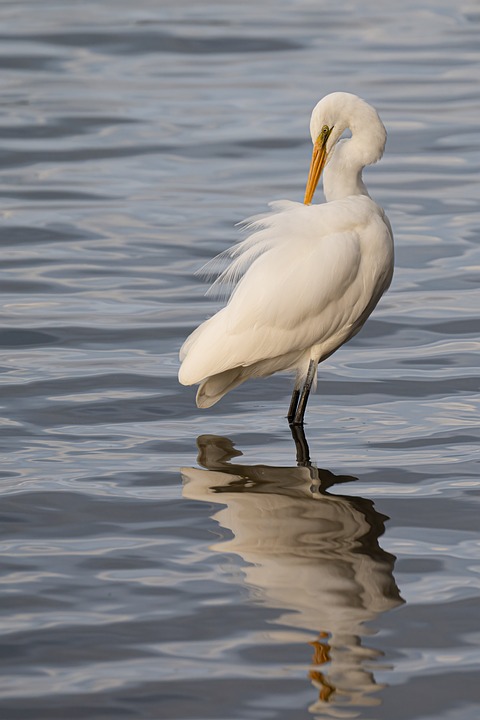In recent years, the issue of plastic pollution in our oceans has gained significant attention from the media, environmental activists, and concerned citizens worldwide. The impact of plastic waste on marine ecosystems is far-reaching and profound, threatening the health of our oceans and the creatures that call them home. In this article, we will explore the devastating effects of plastic pollution on our oceans, from its historical roots to the current state of affairs and future predictions.
Historical Context: The Rise of Plastic Pollution
Plastic pollution in our oceans is not a new phenomenon. The use of plastic materials began in the early 20th century, with the production of materials such as Bakelite and celluloid. However, it was not until the mid-20th century that plastic production skyrocketed, driven by the convenience and affordability of plastic products.
The widespread use of single-use plastics, such as plastic bags, bottles, and packaging, has led to a surge in plastic pollution in our oceans. These items are often disposed of improperly, ending up in waterways and eventually making their way to the ocean. The durability of plastic materials means that they can persist in the environment for hundreds of years, causing long-term harm to marine ecosystems.
Current State: The Impact of Plastic Pollution
The current state of plastic pollution in our oceans is alarming. It is estimated that over 8 million tons of plastic waste enter the ocean every year, causing catastrophic damage to marine life and ecosystems. Some of the most devastating effects of plastic pollution on our oceans include:
– Entanglement: Marine animals such as seabirds, turtles, and marine mammals often become entangled in plastic debris, leading to injury or death.
– Ingestion: Marine animals mistake plastic items for food, ingesting them and suffering from internal injuries, starvation, and even death.
– Habitat destruction: Plastic debris can smother coral reefs, seabeds, and other important marine habitats, disrupting ecosystems and reducing biodiversity.
The presence of microplastics – tiny plastic particles that result from the breakdown of larger plastic items – adds another layer of complexity to the issue of plastic pollution in our oceans. These microplastics can be ingested by a wide range of marine organisms, leading to widespread contamination of the food chain.
Future Predictions: The Need for Urgent Action
Without immediate and decisive action to address plastic pollution in our oceans, the situation is likely to worsen in the coming years. Scientists predict that by 2050, there could be more plastic than fish in the oceans, a startling statistic that underscores the urgency of the issue.
To combat plastic pollution effectively, it is essential to implement a combination of strategies, including:
– Reduction of single-use plastics: Governments, businesses, and individuals must work together to reduce the production and consumption of single-use plastics.
– Recycling and waste management: Improved recycling infrastructure and waste management practices are essential to prevent plastic waste from entering the ocean.
– Research and innovation: Investing in research and innovation to develop sustainable alternatives to plastic materials is crucial for long-term solutions.
By taking proactive steps to address plastic pollution in our oceans, we can protect marine ecosystems and safeguard the health of our planet for future generations.
Conclusion
In conclusion, the devastating effects of plastic pollution on our oceans are a pressing environmental issue that requires immediate attention and action. The historical roots of plastic pollution, the current state of affairs, and future predictions paint a grim picture of the consequences of our reliance on plastic materials.
To mitigate the impact of plastic pollution on our oceans, it is essential for individuals, businesses, and governments to work together to reduce plastic waste, improve waste management practices, and invest in sustainable alternatives to plastic materials.
Thank you for taking the time to explore this important issue with us. We encourage you to continue learning about plastic pollution and its impact on our oceans through reputable sources and organizations dedicated to environmental conservation. Together, we can make a difference and protect the precious ecosystems of our oceans for generations to come.









